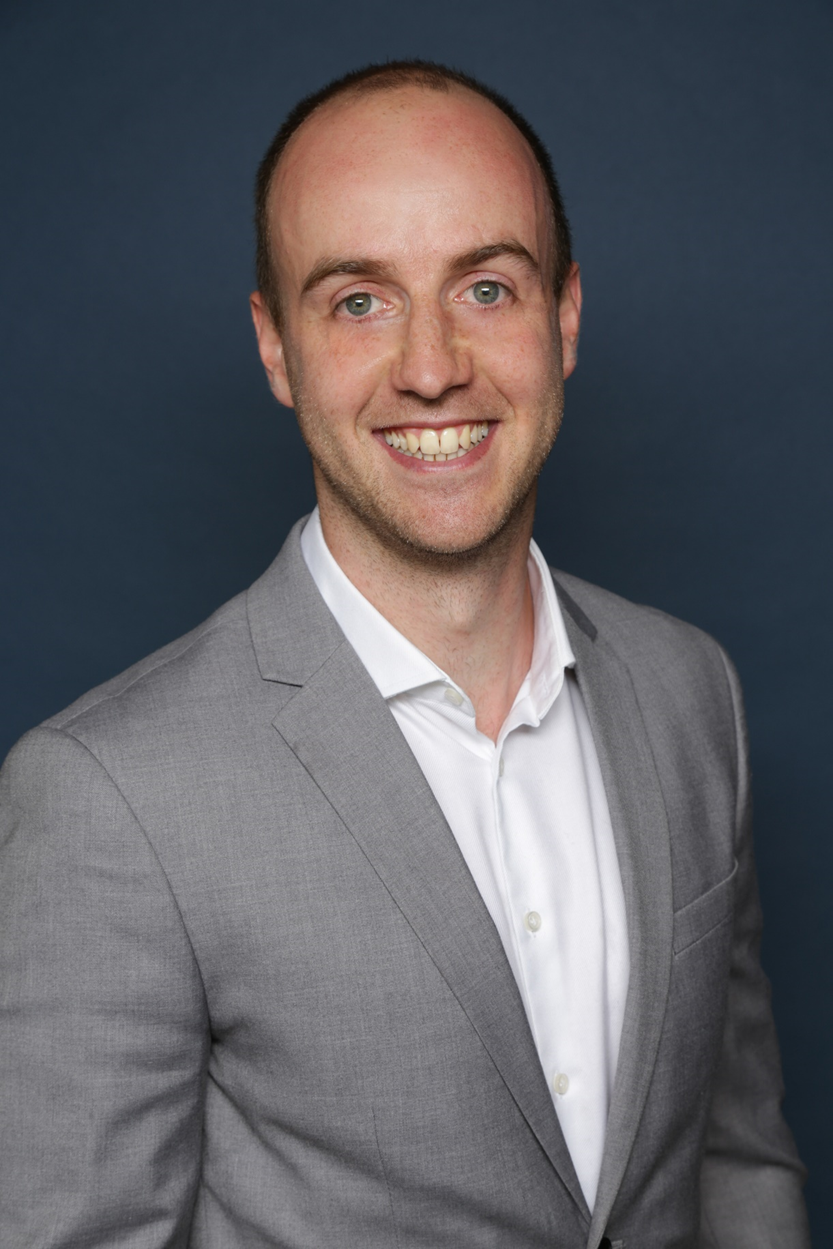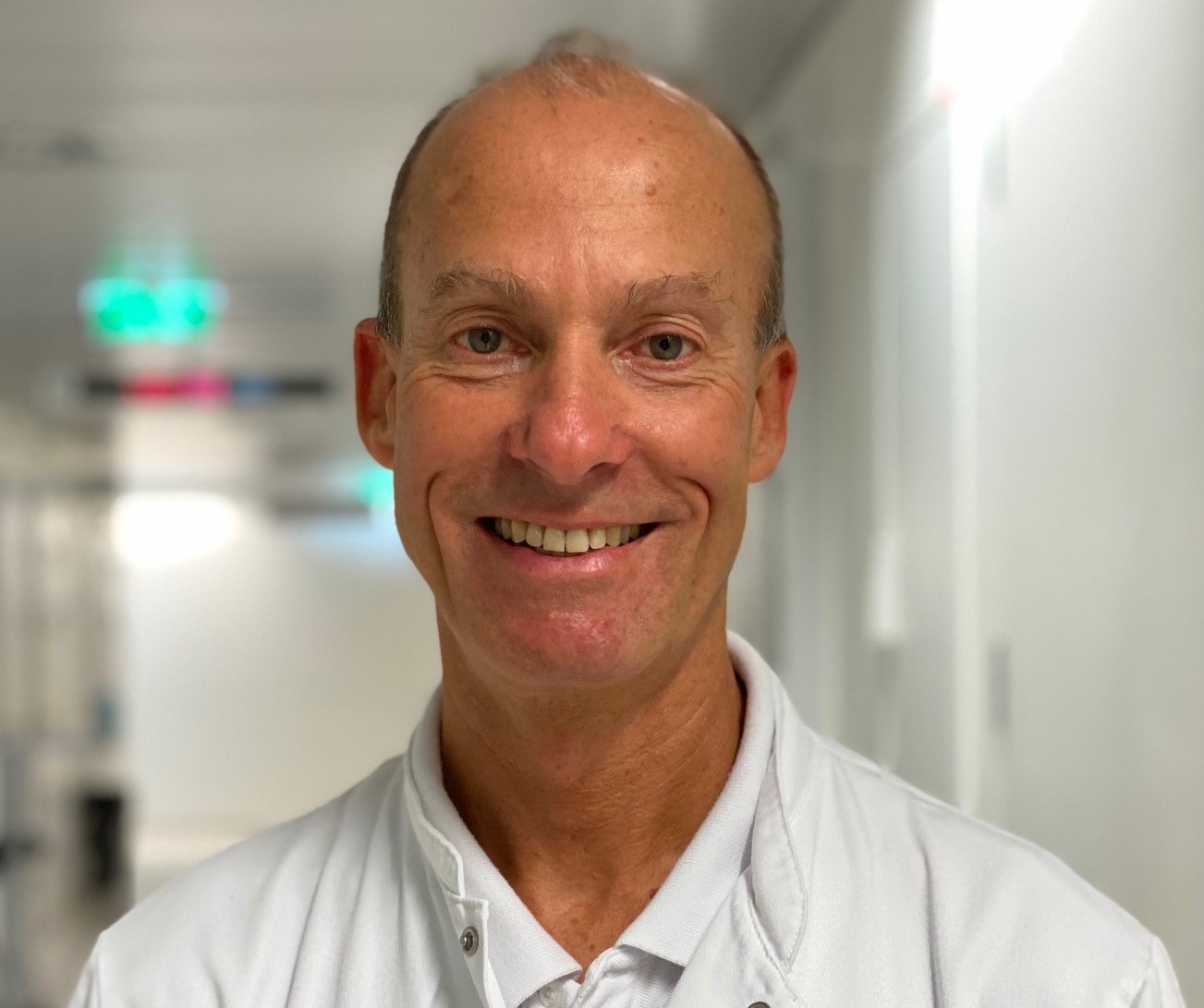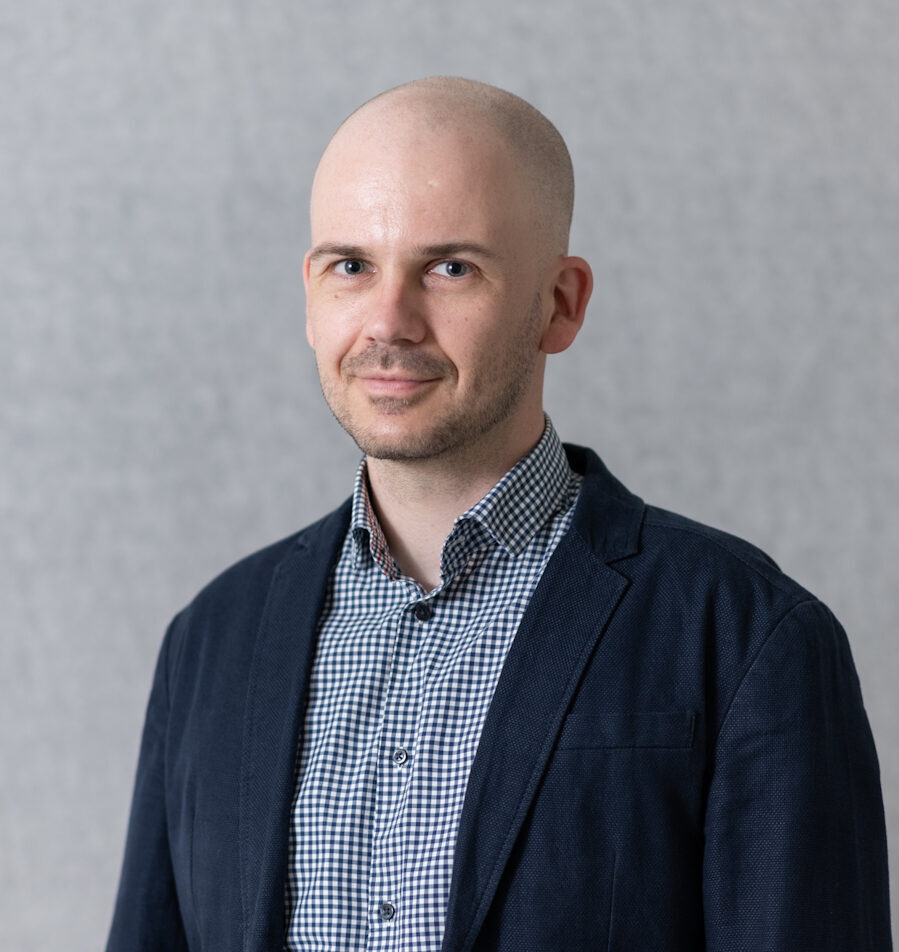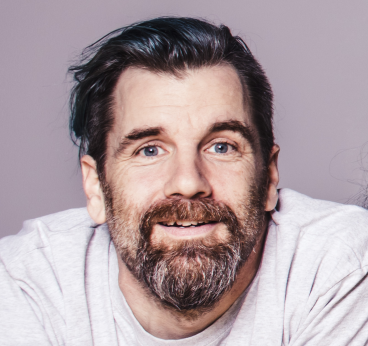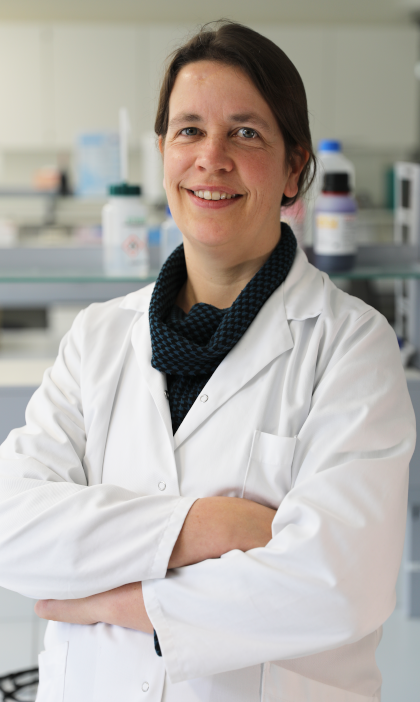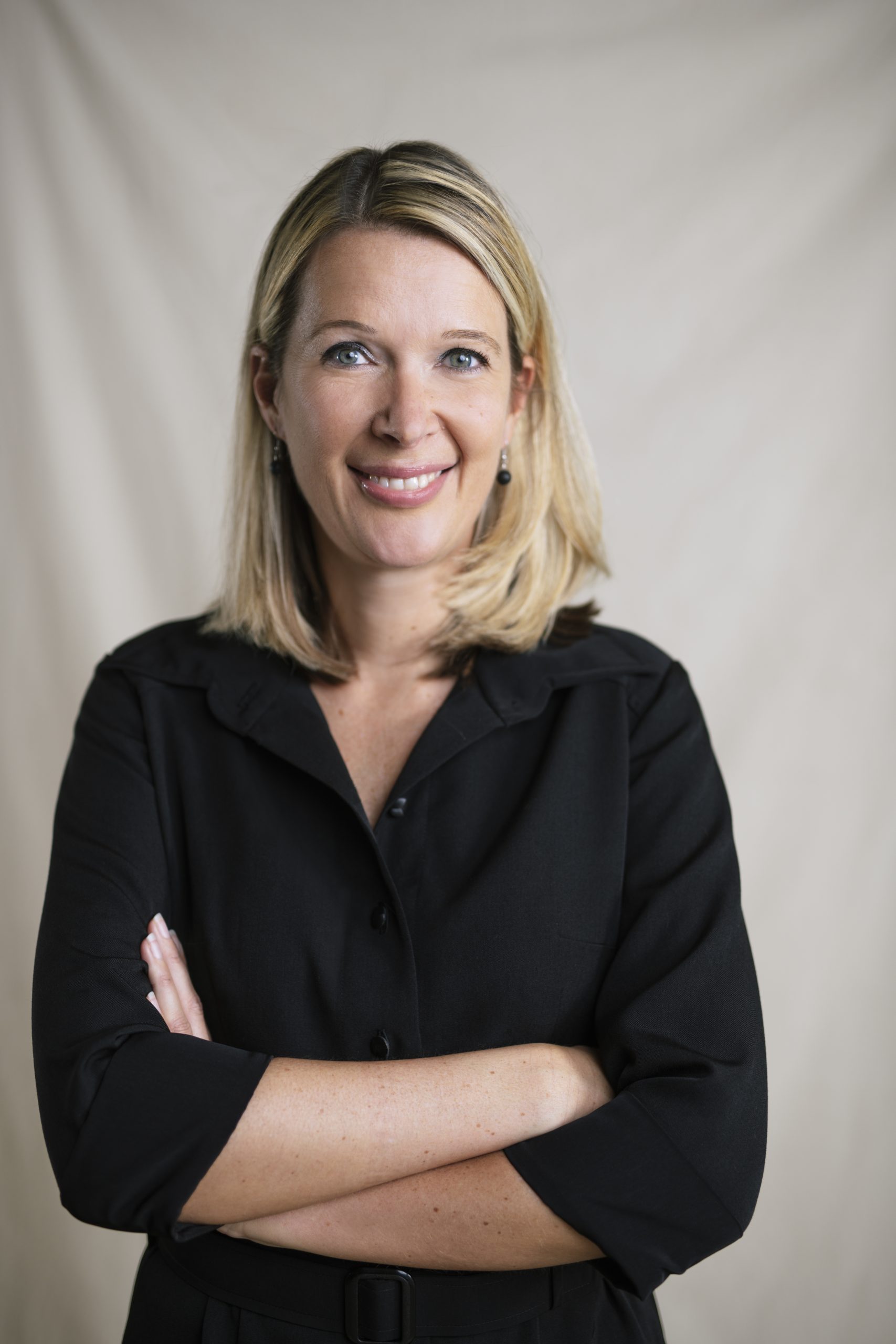Bridging the Digital Health Divide: Bringing Next Generation Digital Health to Everyone
Background, Abstracts and Speakers
Monday 18 Nov 2024
Background: A widening gap exists between the rapid advancement of digital health technologies and their actual implementation in everyday healthcare. While artificial intelligence and emerging technologies demonstrate remarkable capabilities in research settings, regulatory requirements, implementation challenges, and systemic barriers often delay or prevent these innovations from reaching the general population. This symposium explores the critical disconnect between technological potential and practical deployment in digital health. By examining the complex interplay of innovation, regulation, and real-world implementation, we aim to identify pathways to accelerate the translation of cutting-edge digital health solutions from laboratory breakthroughs to widely accessible tools that can benefit everyone.
Caired and moderated by: Josef Niebauer & Andreas Stainer-Hochgatterer
Generative AI and Wearables: Towards Personal and Personalized Health
Keynote 1
Speaker:
- Prof. Dr. Albrecht Schmidt
Professor for Human-Centered Ubiquitous Media | LMU – Ludwig-Maximilians-Universität München
Abstract:
Health is personal. It is shaped by an individual’s unique circumstances and lifestyle. New technologies are empowering people to take a more active role in their health, collaborating with healthcare professionals to manage and improve their health and well-being. Wearable devices can continuously track vital signs, sleep patterns and physical activity. Generative AI, large language, personalized visualizations and community platforms are enabling new ways of seeing and understanding data and helping to gain actionable insights. This has the potential to enable a better understanding of one’s health, and present personalized and realistic ways to actively improve the situation. In this talk, we explore how the convergence of wearable technologies, mobile health applications and generative AI is transforming health and healthcare. We discuss how it can empower patients to take greater control of their health and the implications for the role of healthcare professionals.
Speaker Bio:
- Albrecht Schmidt is a professor of computer science at Ludwig-Maximilians-Universität (LMU) in Munich, where he holds a chair for Human-Centered Ubiquitous Media. His research interests are in human-computer interaction, intelligent interactive systems, human centered AI, ubiquitous computing, and media informatics. He studied computer science in Ulm and Manchester and in 2003 he completed his PhD at Lancaster University. In 2018 he was inducted into the ACM SIGCHI Academy, in 2020 he was elected into Leopoldina, the Germany academy of science, and he was named ACM Fellow in 2023.
Chair: Dr. Daniela Wurhofer
The Future of Consumer Wearables in HealthCare – Data Driven Solutions around a Connected Ecosystem
Keynote 2
Speaker:
- Dr. Leon Brudy
Business Development Manager | Garmin Health
Abstract:
Bridging the Digital Health Divide requires many stakeholders. This presentation will provide insights into the status quo on how consumer wearables as one part of these stakeholders play a role in providing benefits in insurance, research and healthcare. Additionally, the future of data-driven insights, especially around participant enabled data sharing will be discussed.
Speaker Bio:
- Leon Brudy works as B2B Business Development Manager at Garmin Health where he is in charge of data-driven partnerships in research and clinical trials for the regions of Europe, Middle East, Africa and India. Previously he worked as research associate at the German Heart Center Munich and the Faculty of Sport and Health Sciences at the Technical University of Munich where he completed clinical work as part of his dissertation on physical activity, quality of life and cardiovascular risk in patients with congenital heart disease. Additionally, he’s a published author and holds academic degrees in Health Science, Political Science, and Economics
Chair: Dr. Daniela Wurhofer
Keynote 3
Coming soon
5 years of research and innovation in Digital Health in Salzburg
Speakers:
- Prim. Univ.-Prof. Dr. Dr. Josef Niebauer, MBA
Scientific Director | Ludwig Boltzmann Institute for Digital Health and Prevention - Dr.-Ing. Jan Smeddinck
Co-Director | Ludwig Boltzmann Institute for Digital Health and Prevention
Abstract:
The Ludwig Boltzmann Institute for Digital Health and Prevention was established in Salzburg, Austria, in September 2019. Located at the University Institute for Sports Medicine at University Hospital Salzburg, an interdisciplinary and international research team works on a mission to develop novel digital health interventions to support rehabilitation and prevention. We currently focus on fostering sustainable heart-healthy physical activity with digital tools including personalized features, such as just-in-time adaptive interventions, continuous observation through wearable sensing devices, as well as data homogenization and analysis.
Making use of examples and highlights of the developments from the first years of the institute, we illustrate how our work covers the full life-cycle of digital health intervention development, from stakeholder-centered ideation, over implementations and early formative evaluations to running ambitious studies including measures of physiological and medical outcomes. We will also provide examples of how the Ludwig Boltzmann Institute for Digital Health and Prevention integrates Open Innovation in Science approaches across nearly all activities in order to assure well-guided human-centric and impact-oriented research and development.
Speaker Bios:
- Josef Niebauer is a specialist in Internal Medicine, Cardiology, Sports Medicine, Sports Cardiology, Rehabilitation. He is Chief and University Chair of the Institute of Sports Medicine, Prevention and Rehabilitation, Paracelsus Medical University, Salzburg, Austria, Director of our LBI-DHP, and Director of the Rehab Center Salzburg. He is also the President of the Austrian Association of Prevention and Rehabilitation, Past-President of the Austrian Society of Sports Medicine and Prevention as well as Past-Chair of the Sections of Sports Cardiology of the Austrian, German and European Societies of Cardiology. He received his medical training in Mainz, Germany; Vienna, Austria; Dijon, France; Tarabuco, Bolivia; Dumaguete, Philippines; Chicago, Il., USA; Sydney, NSW, Australia; his specialist training at the Universities of Heidelberg, Germany; Stanford University, CA, USA; Royal Brompton Hospital, Imperial College, University of London, UK; Leipzig, Germany; and training for his MBA at the Universities of Salzburg, Toronto, Canada; Marburg and Trier, Germany. His research interests lie in the fields of exercise training in cardiovascular, pulmonary and metabolic diseases; effect on endothelial function, oxidative stress, metabolism, muscular adaptation, and pre-participation examination in athletes. He is author of >350 manuscripts in national and international journals, and editor of 5 books.
- Jan Smeddinck: Building on his background in interaction design, human computation, serious games, web technologies, adaptive systems, machine learning, and visual effects, Jan Smeddinck is a human-computer interaction (HCI) researcher and practitioner with a passion for digital health. He is the current scientific Co-Director and Principal Investigator for the programme lines in digital health interventions and data analytics at the Ludwig Boltzmann Institute for Digital Health and Prevention.
ELGA and Beyond: Balancing Austria’s Digital Health Priorities and European Regulations
Speaker:
- Helene Prenner
Program Manager | ELGA GmbH
Abstract:
Coming soon
Speaker Bio:
- Coming soon
Digital Health landscape in Salzburg – today & tomorrow
Speaker:
- Dr. Alexander Kollmann
eHealth Representative of the Province of Salzburg | Land Salzburg
Abstract:
Coming soon
Speaker Bio:
- Coming soon
Reaching people – Getting Digital Health innovation into practice
Panel discussion with LBI-DHP institute partners
Panelists:
- Univ.-Doz. Dr. Siegfried Reich
Managing Director and Head of Research | Salzburg Research - Univ.-Prof. Mag. DDr. Susanne Ring-Dimitrou
Professor | Department of Sport and Exercise Science | Paris Lodron University Salzburg (PLUS) - ao. Univ.-Prof. OA Dr. Janne Cadamuro EuSpLM, LFHCfS
AI Representative & Head of Department of Laboratory Medicine | University Hospital Salzburg (SALK) & Paracelsus Medical University (PMU) - DI (FH) Angelika Rzepka, MPH
Scientist | Digital Health Information Systems | AIT Austrian Institute of Technology - FH-Prof. Priv.-Doz. Dr. Geja Oostingh
Head of Research Health Sciences | FH Salzburg
Moderated by:
- Mag. Romana Ruda, MA MBA
Managing Director | Future Health Lab
Speaker Bios:
- Siegfried Reich has been director of Salzburg Research since 2002. Salzburg Research is a non-profit research and technology organization (RTO) specialising in applied research in information and communication technologies (ICTs). He earned his MSc in applied computer science from the University of Linz (1992), a PhD in computer science and economics from the University of Vienna (1995) and a habilitation from the University of Linz (2000). From 1996 to 1999, he worked as a lecturer and researcher with the Multimedia Research Group at Southampton, U.K., focusing on open hypermedia system interoperability and Web application infrastructures. In these fields, he has published over 100 international papers and has headed many conferences and workshops.
- Susanne Ring-Dimitrou
- Janne Cadamuro is an Associate Professor (a.o. Univ-Prof.) and currently serves as the interim head of the Department of Laboratory Medicine at the University Hospital Salzburg, Paracelsus Medical University, Austria. His research interest lies in the field of the extra-analytical phase of the total testing process, including laboratory demand management and artificial intelligence. He is the founder and chair of the section „Extraanalytical Phase“ of the Austrian Society of Laboratory Medicine (ÖGLMKC). Internationally, Dr. Cadamuro currently chairs the Working Group Preanalytical Phase (WG-PRE) of the European Federation of Laboratory Medicine (EFLM) and is a member in the EFLM Working Group „Artificial Intelligence“ as well as in the EFLM Working Group “Postanalytical Phase”. Recently he was appointed as the medical officer for artificial intelligence of the University Hospital Salzburg. Dr. Cadamuro’s research contributions include 130 publications, >2500 citations, and an h-index of 28. He serves as a section editor for „Biochemia Medica“ and as an assistant editor for „Clinical Chemistry and Laboratory Medicine“ and the „Journal of Laboratory and Precision Medicine“.
- Angelika Rzepka
- Geja Oostingh studied biomedical sciences in the Netherlands and after several years as a tissue typing analyst in the Leiden University Medical Centre, she went to Cambridge (UK) to work on a PhD project. Two PostDoc positions were held in Würzburg in the field of immunology, followed by a position as junior professor at the University of Salzburg. Since 2012, Geja Oostingh is head of the degree course biomedical sciences at the Salzburg University of Applied Sciences. Since 2 years, she also works at this institute as the head of research for the department health sciences.
- Romana Ruda works as Managing Director at Future Health Lab. After working in the public health-care system for nearby twenty years she´s convinced that the key to cope the complex challenges in the Austrian healthcare system successfully lies in new forms of cooperations. This is what the Future Health Lab stands for: It´s an innovation centre advancing the public provision of healthcare in Austria, where public institutions, leading companies, interest groups and patient representatives, healthcare professionals, innovators and research institutions come together to develop common solutions to key challenges that no organization can overcome alone. Romana studied law and holds two master degrees in “leadership, politics & management” and “digital transformation”.
How important is it to have involvement from everyone affected by Digital Health research?
Speakers:
- Victoria Hamer
Honorary Patient and Public Involvement (PPI) Fellow | Centre for Applied Health and Social Care Research | Kingston University, London, UK - Duncan Barron
PPI Lead | Institute for Medical & Biomedical Education (IMBE) | City St George’s, University of London, UK
Abstract:
Coming soon
Speaker Bios:
- Coming soon
OIS Pathways to Engagement and Co-Creation: How Open Innovation in Science (OIS) and Arts can cross-vertilise skills and practices to catalyze Digital Health
Speaker:
- Dr. Georg Russegger
Head of the Open Innovation in Science Center | Ludwig Boltzmann Gesellschaft
Abstract:
Coming soon
Speaker Bio:
- Coming soon

